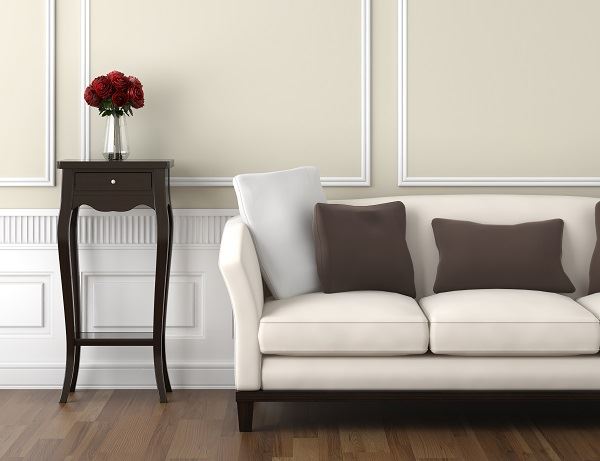 The end of a marriage means dividing your life from that of your spouse. During your marriage, you have likely amassed assets together ranging from real estate to investment accounts to art collections. You may also have marital debt, such as credit card or medical debt. In Minnesota, marital property and debt is subject to an equitable division at the conclusion of your divorce case. If you and your spouse are unable to come to an agreement as to who should receive what property and who should be responsible for which debt, the trial court will apply a list of factors to decide who will be awarded what. Clearly the assets at the center of the divorce litigation are those that are more valuable, such as the marital residence, high value vehicles, or investment accounts. However, personal property is also important to consider.
The end of a marriage means dividing your life from that of your spouse. During your marriage, you have likely amassed assets together ranging from real estate to investment accounts to art collections. You may also have marital debt, such as credit card or medical debt. In Minnesota, marital property and debt is subject to an equitable division at the conclusion of your divorce case. If you and your spouse are unable to come to an agreement as to who should receive what property and who should be responsible for which debt, the trial court will apply a list of factors to decide who will be awarded what. Clearly the assets at the center of the divorce litigation are those that are more valuable, such as the marital residence, high value vehicles, or investment accounts. However, personal property is also important to consider.
Personal property can include furniture, cookware, appliances, or essentially other items that do not include real property, investment or bank accounts, or vehicles. The personal property items that are often over looked when making an initial overview of which assets you want to retain are those that are easily replaced and have little to no emotional value. Remember, however, that the cost of replacing a full house of furniture, linens, and appliances and really become quite costly. While it is not advisable to draw your line in the sand over who receives the hand towels that match the downstairs bathroom, you should not necessarily capitulate and allow your spouse to take an entire household of furniture without making sure you receive something of equal value in return. It can be helpful to go through your house, room by room, and make a list of personal property. Your next step should be to attach an approximate value to each item. When doing this, remember that the appropriate value is not likely what you paid for the item when it was new, but rather what you would be willing to pay for the item if you purchased it used, in its current condition. From there, you can make an approximate division of personal property between you and your spouse.
We have experience helping our clients with reaching a sensible solution for their personal property division. Call us today at (320) 299-4249 and we will talk with you about your divorce.































